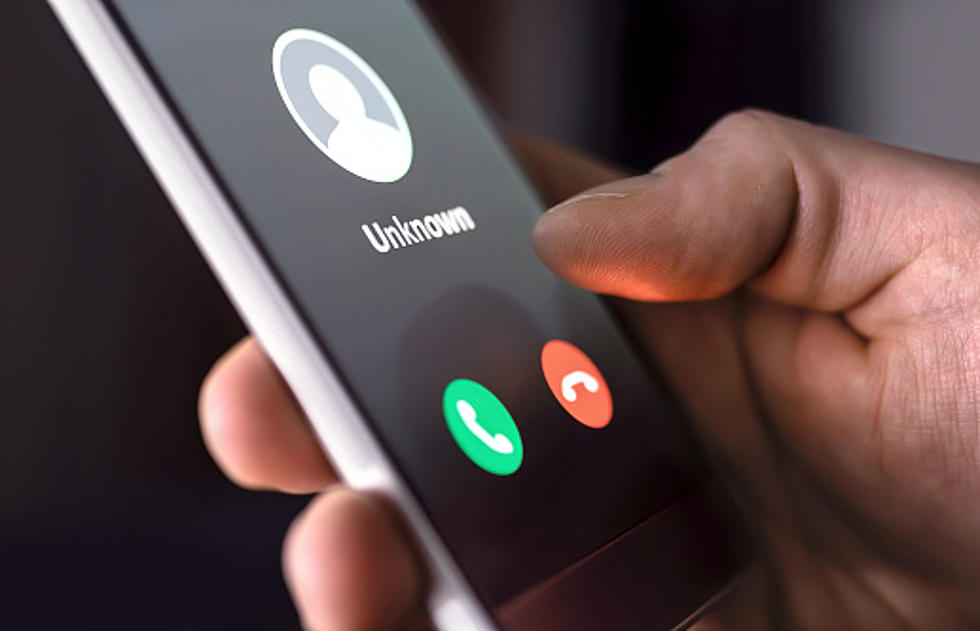
Decline It! Illinois Residents, Skip Calls From These Area Codes
We all know that person who absolutely, positively has to answer their phone when it rings, regardless of whether or not they know who's calling them. That same person is probably someone who immediately calls back any missed calls they receive without considering who may pick up on the other end.
It's always a good idea to let a call from a number you don't recognize go to voicemail, with the thought being that if the call is truly important, the caller will leave you a message explaining what they want.
Doing that might just keep you from getting a nasty surprise when your next phone bill arrives, while not doing that could cost you some serious money.
For Some Scammers Out There, The Goal Is Not To Get You To Answer Your Phone, It's To Get You To Call Them Back
As I mentioned earlier, we all probably know someone who has to answer their phone no matter what, and when they don't grab the phone in time, they call the number back, whether there's a voicemail or not. And that's how the scammers can get you.
In some cases, it's called the One-Ring Scam. Why? Because your phone rings only once before the caller hangs up, hoping that you'll call them right back.
The Federal Communications Commission (FCC) takes the One-Ring Scam very seriously, and says that "savvy scammers often use international numbers from regions that also begin with three-digit codes – for example, "232" goes to Sierra Leone and "809" goes to the Dominican Republic. Scammers may also use spoofing techniques to further mask the number in your caller ID display."
Assuming That You're Far Too Smart To Do Anything A Potential Scammer Wants You To Do, What's The Harm In Calling Back A Scam Call?
That's the problem. If you do decide to call back, the person on the other end of the phone doesn't need you to do or say anything else because they've already got you.
If you call back, the danger is that your phone will be connected to a phone number located outside the United States, which means that you'll be charged for an international call or premium call and you'll be charged for every minute the scammer can keep you on the phone. The exorbitant charges will then be added to your phone bill.
Here Are The Area Codes That Illinois Residents Should Avoid Calling Back Because Of The Danger Of Being Scammed
I wish it were just one or two area codes on the list of numbers to avoid, but unfortunately, we've got several, according to SocialCatfish.com.
- 268 Area Code: This is the area code for Antigua and Barbuda, and scammers have used it extensively for U.S. scams.
- 876 Area Code: That's Jamaica's area code, and con artists like using it for work-at-home and lottery scams.
- 473 Area Code: This area code covers Grenada and Carriacou, and is widely used in several scams.
- 649 Area Code: This one is for Turks and Caicos Islands, and like the one above, is widely used by scammers.
- 284 Area Code: This area code, for the British Virgin Islands is also a favorite of phone scammers.
By the way, calling back the perpetrators of the One-Ring Scam will generally cost you an extra $30 if the call is to the Caribbean, but you could be looking at hundreds of dollars added to your bill if you call back One-Ring Scammers from India and several Asian nations.
More From WROK 1440 AM / 96.1 FM









